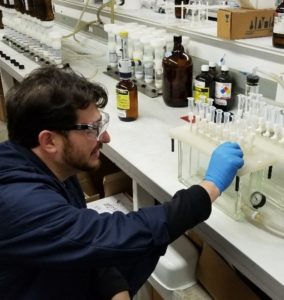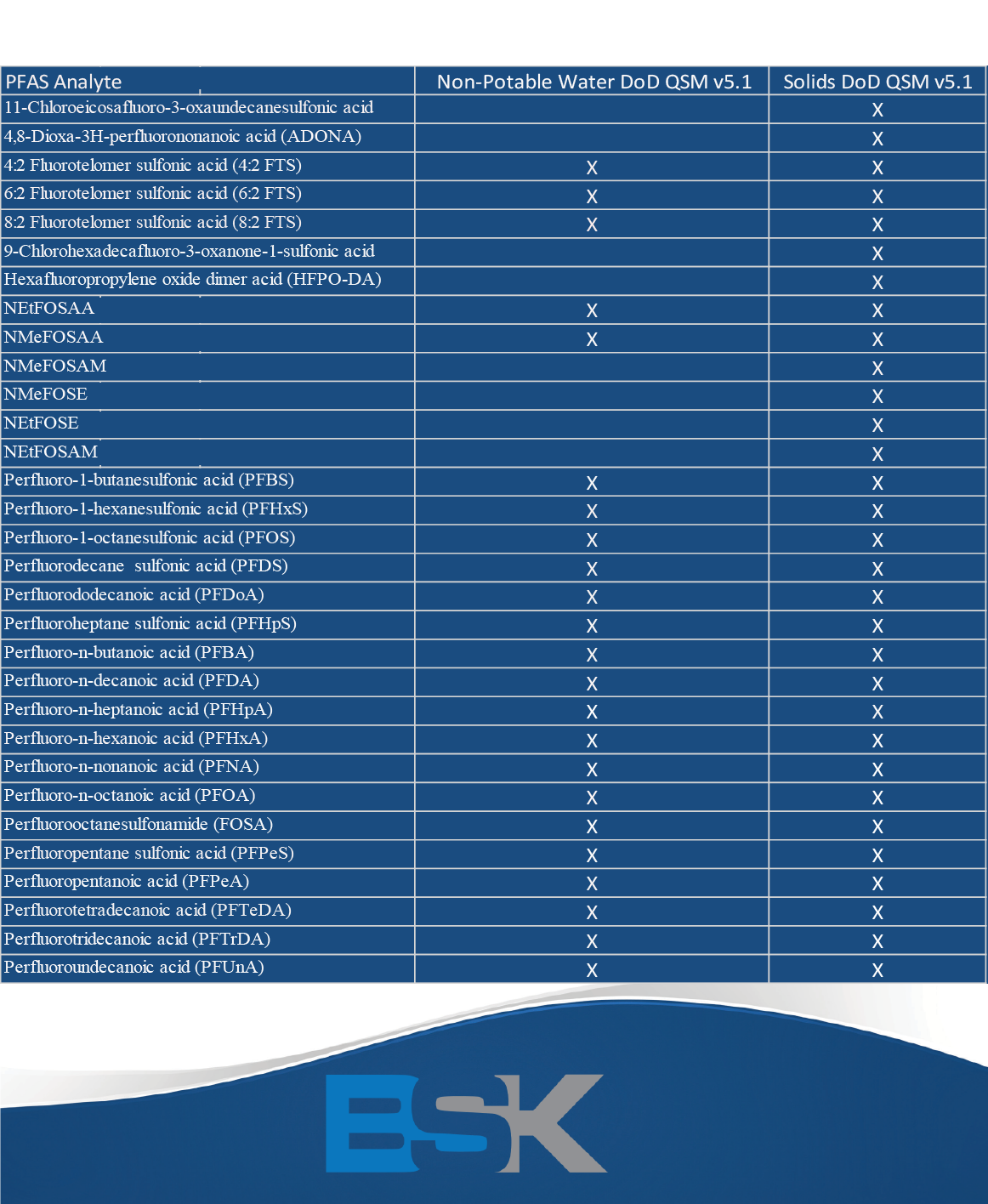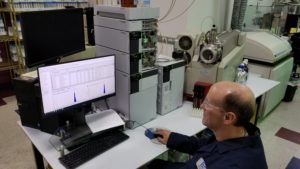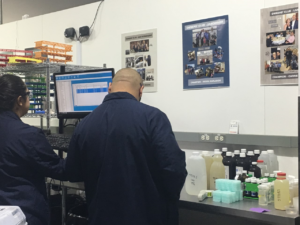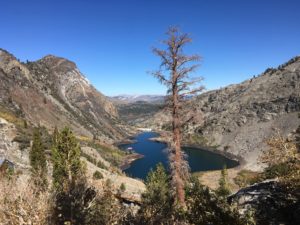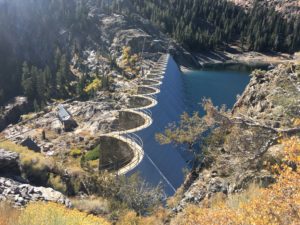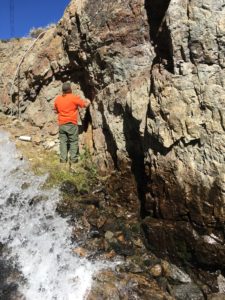BSK Associates Bakersfield-Grand Opening Event
BSK Associates Bakersfield-Grand Opening Event
On April 3, 2025, BSK Associates proudly celebrated the grand opening of our new Bakersfield office located at 4820 Rosedale Lane. It was a day filled with excitement, community connection, and a shared sense of accomplishment as we officially opened the doors to our expanded facility.
The event kicked off with a ribbon cutting ceremony at 10:30am, hosted in partnership with the Greater Bakersfield Chamber of Commerce. We were honored to welcome local dignitaries, clients, vendors, and industry partners who joined us throughout the day. Attendees enjoyed guided tours of our new construction materials testing laboratory, our brand-new analytical laboratory, and our updated office spaces. With snacks, refreshments, giveaways, and great company, the grand opening was a wonderful success and a meaningful milestone in our ongoing relationship with the Kern County community.
Additionally, we want to extend our sincere thanks to the Chamber of Commerce and everyone who attended or helped make the event so memorable. Your support means the world to us!
A New Chapter: BSK Bakersfield Analytical Lab
One of the most exciting additions to our new facility is the Bakersfield Analytical Laboratory, which recently received its first certification under California ELAP for microbiology testing. This certification marks a major step forward in our mission to expand high-quality analytical services in the region. With this new capability, BSK is now better equipped than ever to serve our local clients in the agriculture, manufacturing, homeowners, drinking and wastewater industries. We’re proud to be growing alongside the Bakersfield community and delivering scientific excellence right here in our local neighborhood.
A Legacy of Service in Kern County
BSK has proudly served the Kern County community since 1972, supporting projects that shape and strengthen the region. We proudly support award-winning transportation infrastructure and essential facility improvements in schools and hospitals by providing engineering, environmental, analytical, and materials testing services that ensure safety, compliance, and quality service. We work across a diverse range of sectors, including water, facilities, commercial, education, transportation, government, agriculture, and energy—and we’re always looking ahead to what’s next.
Over the decades, we’ve supported projects such as:
- The City of Bakersfield’s Thomas Roads Improvement Program, including Centennial Corridor and Westside Parkway
- Kern High School District’s Del Oro High School, California State University Bakersfield’s Golden Empire Transit Center, Bakersfield College’s Renegade Athletic Complex, and Taft College’s Student Center
- Bakersfield Memorial Hospital, Kern Medical Center, and Mercy Southwest Hospital
- California High-Speed Rail
- Meadows Field Airport
- Naval Air Weapons Station China Lake
- And many more vital community initiatives
The capabilities and services provided by BSK on these projects include:
- Geotechnical Engineering
- Environmental Site Assessment
- Construction Materials Testing
- Special Inspection Services
These services reflect BSK’s commitment to safety, quality service, and professionalism assuring every project we’re part of is built on a strong foundation.
We are incredibly excited for the future of BSK Bakersfield. Furthermore, we would like to thank everyone who has supported our journey. Here’s to continued growth, stronger communities, and meaningful partnerships!
Check out this short video clip featuring clips of our BSK Associates Bakersfield-Grand Opening Event.

